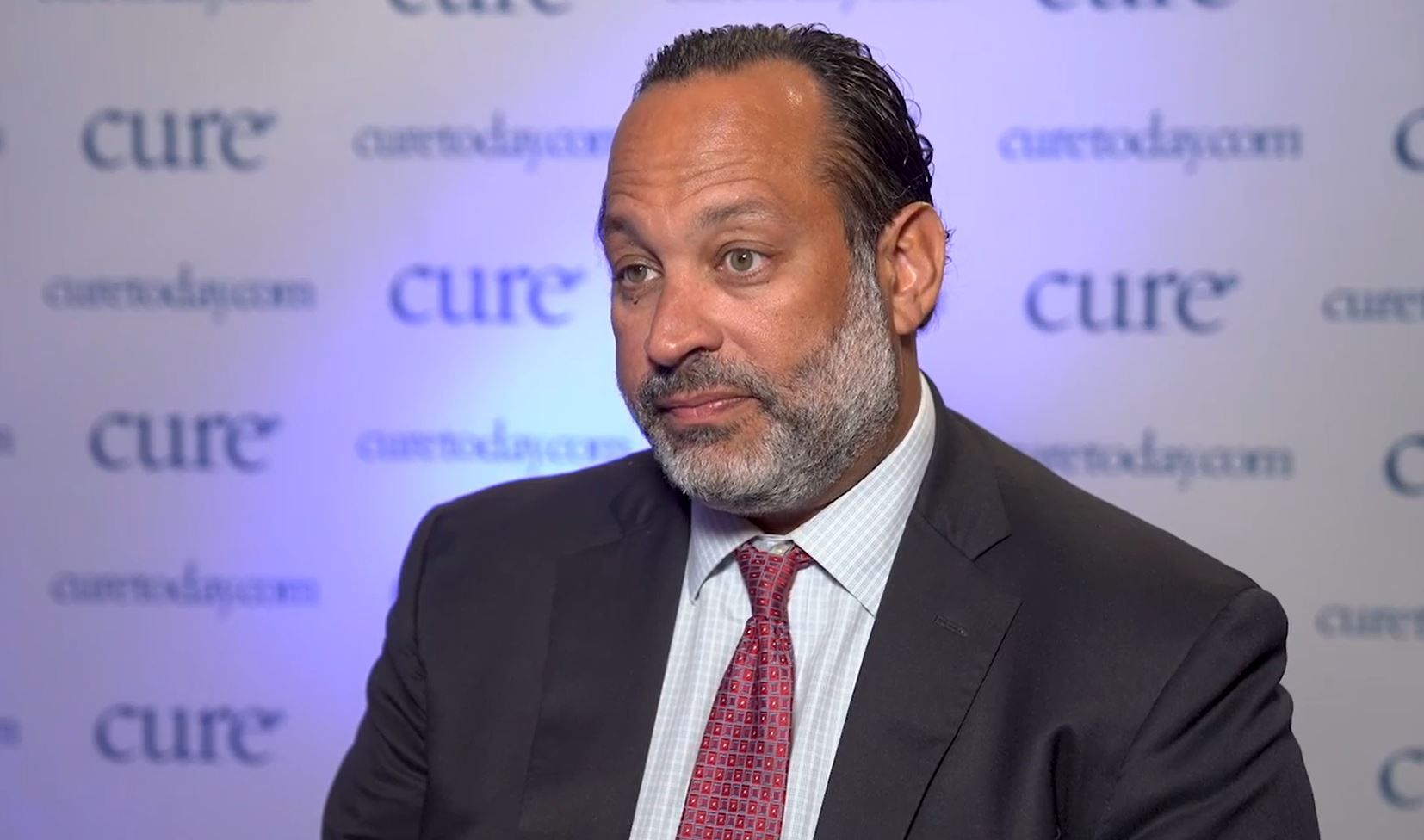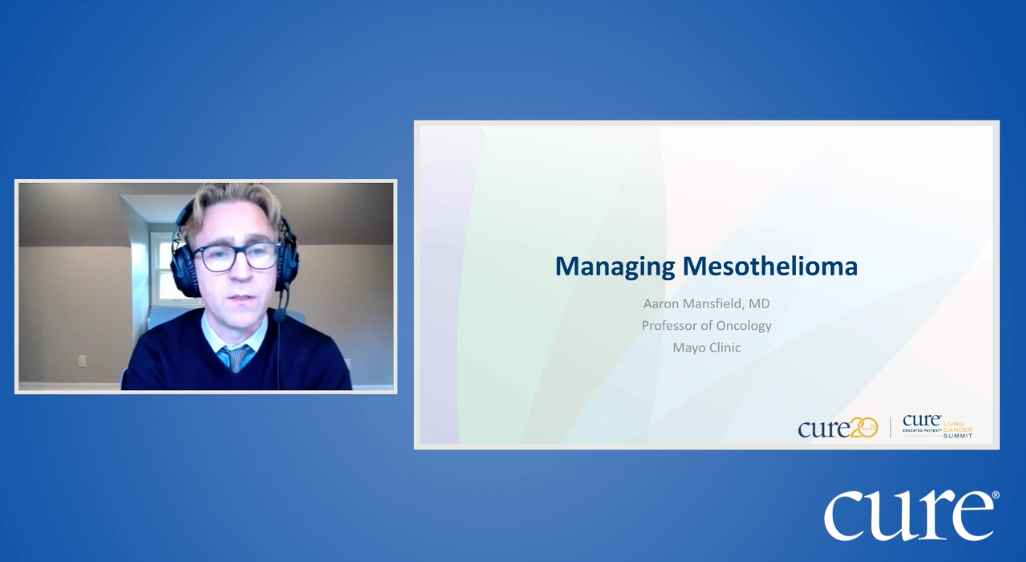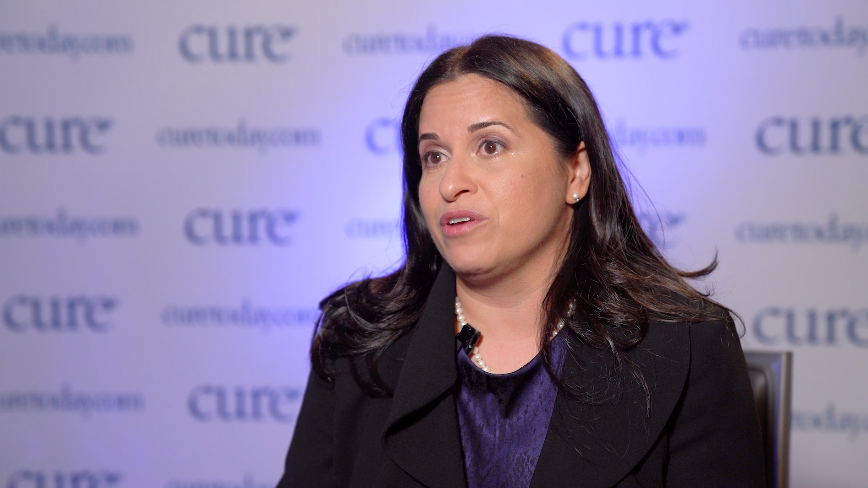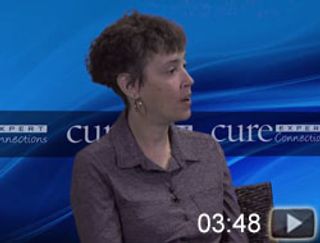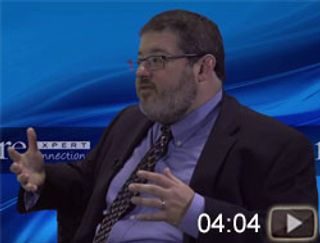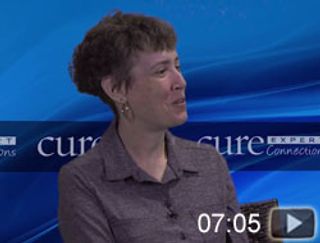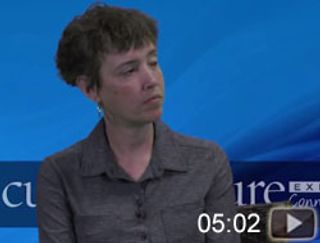
Lung Cancer
Latest News
Latest Videos
More News

I sent all my cancer scans to my pediatrician, who combined the power of science with the power of belief and helped me through the difficult time.

From Kevin Durant’s sneaker that is raising money for cancer to Khloe Kardashian’s urging people to check for moles and melanoma, here’s what’s happening in the cancer space this week.
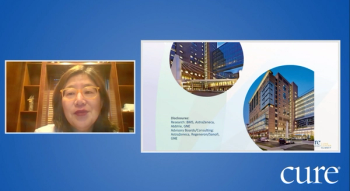
Watch Dr. Anne Chiang, from Yale School of Medicine, discuss molecular testing and adjuvant targeted therapies during the CURE Educated Patient Lung Cancer Summit.
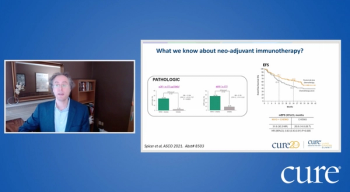
Watch Dr. Jared Weiss, from UNC School of Medicine, discuss neoadjuvant versus adjuvant therapy during the CURE Educated Patient Lung Cancer Summit.

I went from being an avid runner to running from information about my lung cancer. But now I embrace my diagnosis and am an active participant in my care.
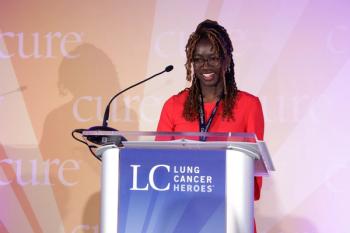
An oncology nurse and cancer survivor inspired another person with lung cancer to “continue the fight to live.”
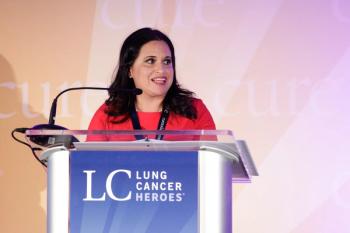
Dr. Estelamari Rodriguez serves patients with lung cancer in more than just a clinical capacity, her Lung Cancer Hero® nominator wrote.

The use of a multi-agent chemotherapy regimen resulted in improved outcomes in a group of children with pleuropulmonary blastoma, a rare form of lung cancer, when compared with other regimens.
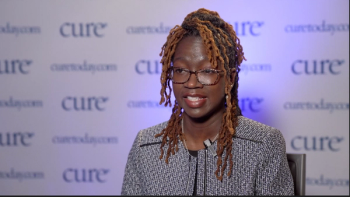
A breast cancer research nurse and lung cancer survivor stresses the importance of participating in clinical trials that are investigating the latest treatments.

Treatment with an investigational drug elicited a median progression-free survival (time from treatment until disease progression or death) of 8.9 months among patients with a form of unresectable or metastatic squamous non-small cell lung cancer, according to trial findings.

I grew up in a society where mental health was stigmatized, but cancer made me realize that it helps to speak up about these issues.

Lung cancer advocates and clinicians must ”fight” for every patient with the disease and ensure that the most amount of people can benefit from advancements in the field, according to an advocate.
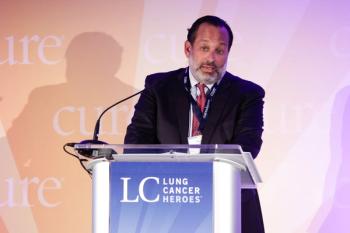
Dr. Pierre de Delva works tirelessly to bring better outcomes to patients with lung cancer who live in Mississippi — a state that traditionally has poor lung cancer outcomes.

After being diagnosed with late-stage cancer, I learned many lessons, including the fact that I had to be my own best advocate.

The FDA’s approval of Vegzelma was based on data that demonstrated the biosimilar elicited comparable safety and efficacy to Avastin in several studies.

The novel drug PY159 will be studied as a single agent and in combination with Keytruda for patients with certain solid tumors — including ovarian, pancreatic, lung, head and neck, colorectal and breast cancers.

CURE®’s Lung Cancer Heroes® Award Program honors and gives thanks to those heroes who have positively affected the lives of patients with lung cancer.

The Food and Drug Administration approved Retevmo for the treatment of patients with advanced or metastatic non-small cell lung cancer with a rearranged RET gene fusion.

Three out of four women with lung cancer reported experiencing moderate to severe sexual dysfunction, a survey shows.
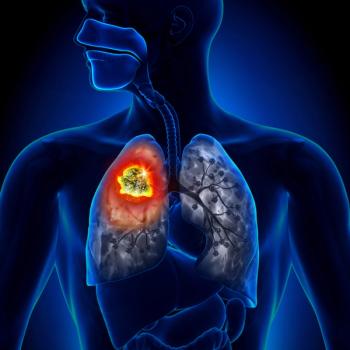
Lumakras outperformed chemotherapy in reducing the risk of progression or death and improving quality of life for patients with KRAS G12C-mutated non-small cell lung cancer, study results showed.

An expert discusses what patients need to know about the recent FDA approval of Enhertu for HER2-mutant non-small cell lung cancer, an aggressive subtype of the disease.

When going through treatment for advanced-stage lung cancer, people would often talk to me like I was a child, or ignore me altogether and speak to my husband.
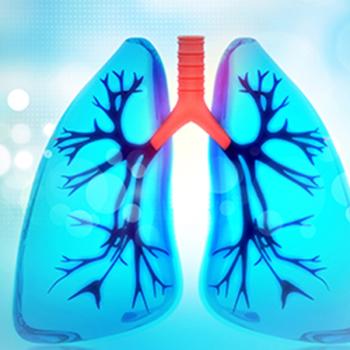
The first patient has been treated with H002, a novel drug being investigated for non-small cell lung cancer that is resistant to a prior EGFR TKI treatment.

After being homebound for two years from the COVID-19 pandemic, I was eager to get out, though I did have many cancer/COVID-19 concerns.

More patients with pretreated non-small cell lung cancer saw their disease disappear with abivertinib compared to Tagrisso.

